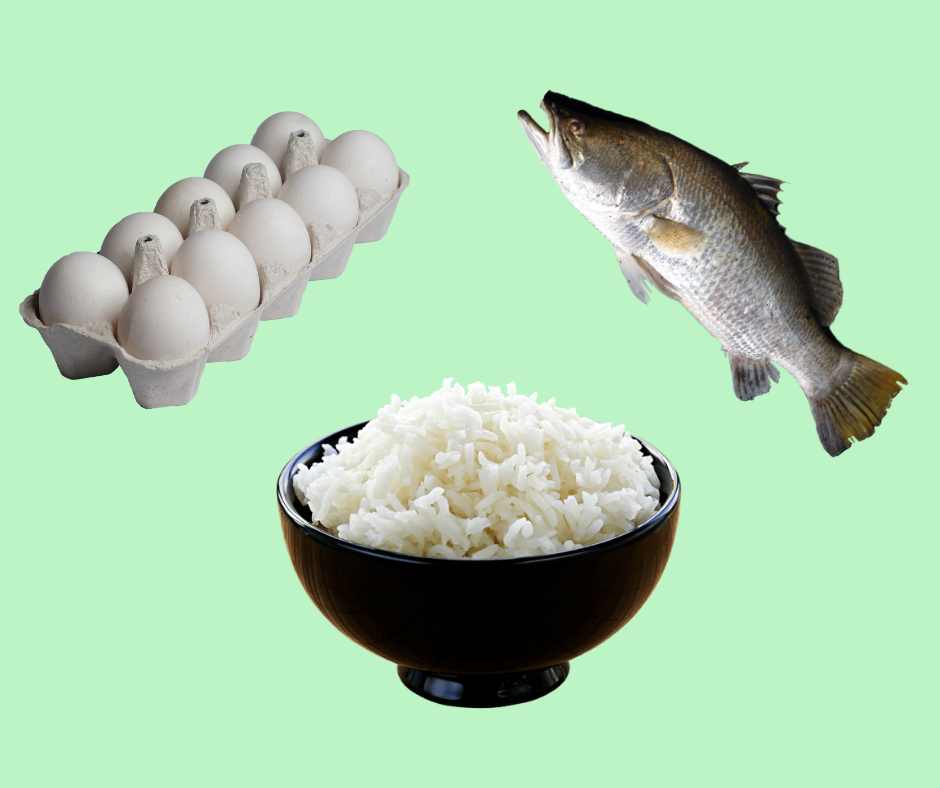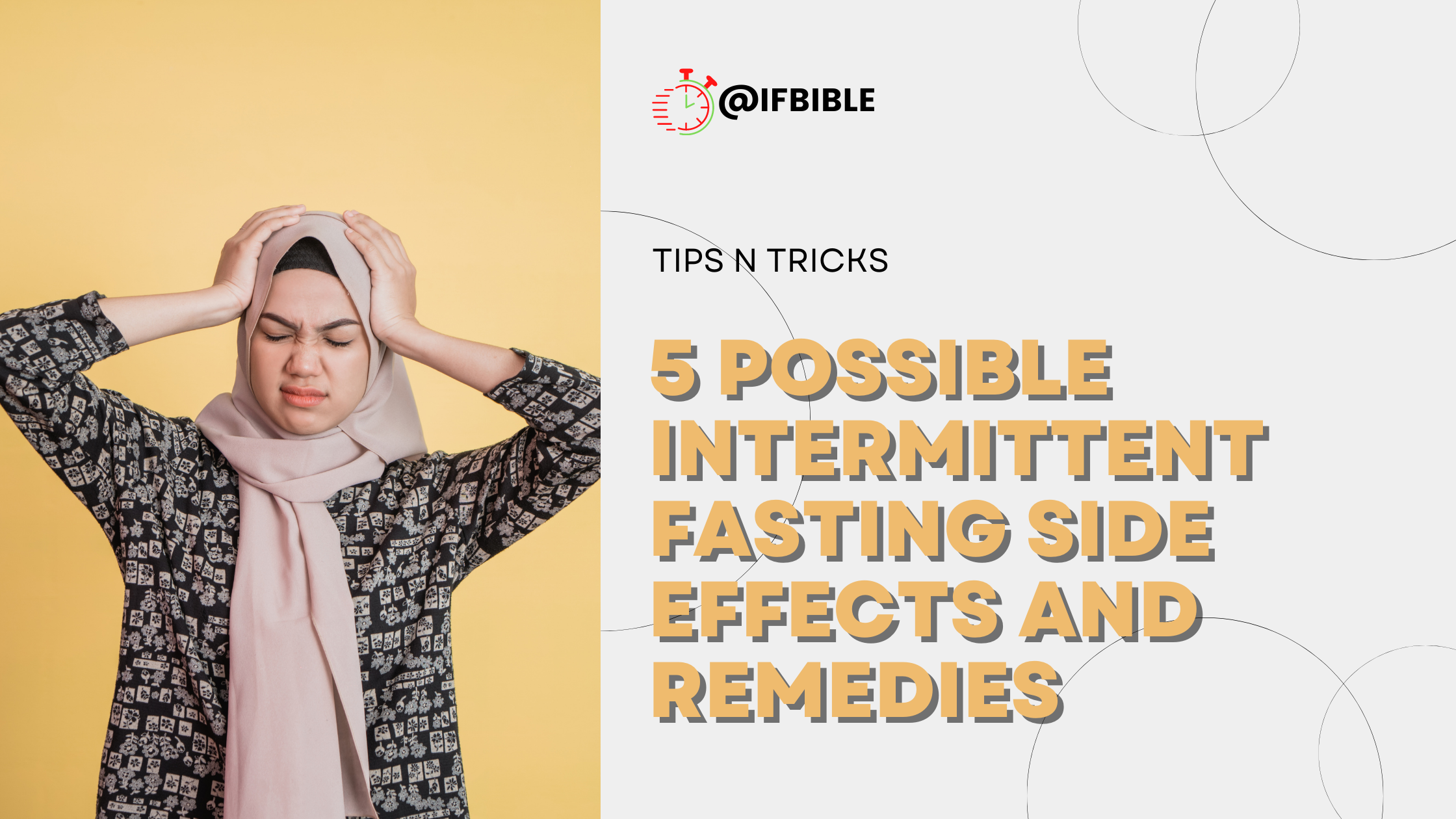Today I want to talk about the best foods to eat during intermittent fasting to get the most benefits with the least amount of hunger and suffering.
There are so many benefits to intermittent fasting; weight loss is probably the number one reason people do it. Other reasons include:
· lowering blood sugar
· reversing diabetes
· reducing inflammation
· reducing brain fog
· Managing heart disease
· Reducing the risk of Alzheimer’s, Parkinson and risk of cancer
· improve immune function
the list can go on and on but whatever the reason you're doing it,
whatever the benefit you're getting it all comes down to two common
mechanisms and the first one is that during the time you're not eating your
insulin goes down.
insulin is released in response to food so when you don't put food in the
body insulin keeps dropping for the duration.
if you do that consistently for weeks and months and years you may reduce
even stubborn cases of insulin
resistance and you can reverse type 2 diabetes in virtually every case.
the second mechanism by
which these works is called autophagy, A
process where a cell breaks down and destroys old, damaged, or abnormal
proteins and other substances in its cytoplasm (the fluid inside a cell). The breakdown products are
then recycled for important cell functions, especially during periods of stress,
starvation or fasting.
Also, during fasting growth
hormone increases and it can go up as
much as 10-fold or more which improves
fat burning. the body also gets really good at determining what it needs to
keep and what it needs to lose. since protein is really precious and the body wants
the protein for muscles and enzymes and hormones.
when you don't put protein into
the body it makes sure that it uses the protein effectively and it burns fat
for energy. when a lot of people hear about
fasting they think of long-term fasting, they imagine days or weeks without
food and that’s not what happens.
you could go three days, five
days a week, ten days and do that every two to three months, a
couple of times a year. what this will
do is, it will create very high levels of
autophagy which can reverse a lot of disease conditions. You should know that
intermittent fasting is not sustainable as a lifestyle and it's not something
you do all the time.
this post is about the best foods for intermittent fasting. the foods
we're looking for are the ones with the most nutrition that maximize
our satiety, and our fullness, set us up for success and reduce suffering
during the fasting period.
while intermittent fasting can never get the massive levels of autophagy
that long-term fasting will we can still get some autophagy regularly and that's kind of the whole point.
if we can do it all the time and we can get just a little bit that's
still very valuable some people say that carbs are not a problem with
intermittent fasting.
they keep eating pizza, pasta and bread and as long as they keep a
fasting period they're doing great well
that could work. for some people and for
others it will be a disaster.
here's why I think that low carb is way better if you're trying to go
from a high insulin level to a low insulin level. let's say from this point it's going to
take a certain amount of time for insulin
to drop where you can reverse insulin
resistance and get into autophagy, but how long it takes depends on how high your insulin is
when you start.
if you eat every meal with a high carb
you’re going to jack up that insulin so you kind of have a backlog to
compensate for each time you go into fasting. when you eat things with refined
carbs like sugar and bread and pasta and starches you trigger a lot of insulin.
when you eat protein you trigger
some and when you eat fat you hardly trigger any insulin at all, protein is
very sensitive depending on how much of
it you eat because if you eat a lot of it low-carbthe body says here's an abundance we can turn some of this into fuel so the protein becomes
glucose and triggers insulin.
whereas if you eat smaller amounts
of protein now the body is not going to turn that into fuel and then it
triggers much less insulin let's say that you eat a low carb diet now every time that you start fasting you're
going to start off from a much lower
insulin level, it's like you've got a
head start you've given yourself a huge advantage.
Not only are you going to get to
that low point much faster but because you get there faster you’re going to
spend a longer time in autophagy and you're going to reach a much deeper level
of autophagy.
the other thing that carbs do is trigger hunger and cravings. if you eat mostly fat and protein and fibre,
whole foods no processed, no sugar then
your glucose levels and your insulin levels and are going to stay in a very narrow range.
if you start eating sugar and
starch and processed foods your blood sugar starts spiking and whenever it's really high your body makes
a lot of insulin the insulin pushes the
blood sugar down quickly.
so now you have peaks and valleys
and anytime it's low then it's called reactive
hypoglycemia and now you get lethargic you get tired you get headaches and most importantly you
get massive hunger and cravings carbs
create unstable blood sugar but not only that some of these carbs have drug-like effects like sugar wheat and refined carbs they
actually stimulate opiate receptors pleasure
receptors in the brain.
so not only are you trying to go
without food for a while but you're trying to overcome an addiction not an easy thing to do so one more reason is that going low carb will make it much
much easier and it will reduce hunger
and cravings and make you suffer much
less.
now let's talk about the only
thing that makes this a little tricky which is that satiety and insulin is very
straightforward. if we want to get full
we eat protein with fat like fatty meats we eat add fat to it we eat things
with fibre and we get very full.
insulin is the same three factors
in a slightly different order to get
full we can eat tons of protein to control insulin we can eat protein but it needs to be moderate.
however, with autophagy, it's very
sensitive to protein even very small amounts
of protein will shut off autophagy because it's the lack of protein that makes the body get really good
at recycling those resources.
a lot of research has been done
around the fasting-mimicking diet and they
have found that if you keep your protein
under 18 grams per day then you still maintain most of the benefits of fasting. so I know 18 grams is hardly anything and you
can't do that for very long but stay
with me and we're going to come back to that and see how we can use that to our advantage.
so protein becomes kind of the balancing factor between these benefits
on the one hand satiety and insulin
which is pretty simple and if we also
want to get some autophagy.
so animal foods like fatty fish, grass-fed meat and eggs are the most filling you can have these as a meal in
themselves and they're very satisfying they're low to moderate in the insulin response unless you eat a lot of it they're
moderate to high protein however so
they're not going to be the best for
autophagy we can't have hardly any of these until we shut off the autophagy.
fatty nuts are a little bit
better like macadamia nuts and pecans are the best ones
especially raw. they're quite filling not as much as animal meats but pretty
good they're low carb low protein.
they are very high in fat high fibre and they have a very low insulin response so you can't eat tons of them. toffee
is sensitive to both the number of calories and protein but you could have some
of this and still sort of stay in that autophagy zone.
other foods you can use are leafy
greens, cabbage, and non-starchy vegetables like cauliflower broccoli brussels
sprouts etc. they're very low carb very low protein very low fat they're hardly going to trigger any nutrient
sensors or insulin.
they're also high fibre and even
though they provide a certain volume through the fibre and they don't trigger insulin you don't get very full. it is hard
for most people to eat enough of just this to get full. however, if you combine it
with fat if you put some butter and olive oil on this then they can be quite
filling.






